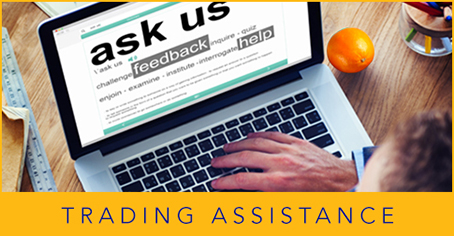The U.S. Food and Drug Administration’s (FDA’s) final rule for the Sanitary Transportation of Human and Animal Food (the “Sanitary Transportation Rule” or “Rule”), is broad in its coverage.
It is a “food” rule, not just a fresh produce rule. Food products as diverse as poultry, frozen dinners, juice transported in a tanker car, and fresh produce are subject to the Rule. It is no surprise then, that rather than prescribing specific operating procedures to be followed, responsibility for the development of procedures is generally left to shippers (which includes any firm that arranges for the transportation of food, including truck brokers), as well as loaders, carriers, and receivers (for full definitions, see below) and allows these parties to agree to ‘reassign’ these responsibilities among themselves.
As such, the Rule has produce professionals rethinking their transportation procedures; specifically, how to best comply with these new requirements with the overarching goal of preventing food from becoming unsafe during transportation operations.
In this article we highlight some of the Rule’s requirements that are most relevant to produce professionals shipping by motor carriage, and discuss some potential approaches to compliance.
Does the Rule Apply to Me? And if so, when?
All companies, other than very small businesses (i.e., those with revenue under $500,000 per year), are required to meet the Rule’s basic requirements and implementation dates for companies defined by the Rule as small businesses are fast approaching. Carriers with less than $27 million in annual revenue, and all other businesses employing fewer than 500 full-time equivalent employees, are required to comply with the Rule by April 6, 2018, while larger companies have been subject to the rule since April 6, 2017.
A nice thing about this Rule is that the required practices are consistent with industry best practices for marketability as well as food safety. “If your company is involved in the produce supply chain, I believe you should operate as if the Rule applies to you,” asserts Jimmy DeMatteis, president and CEO of DMTB in Des Moines, IA. “The Rule seems much more complex than it really is.”
Shippers, Loaders, Carriers & Receivers
Three fundamental requirements apply to every entity subject to the Rule: first, Section 1.908(a)(2) of the Rule requires that responsibility for ensuring transportation operations comply with the Rule be assigned to “competent supervisory personnel.”
Accordingly, all firms subject to the Rule—whether as shippers, loaders, carriers, or receivers—should be prepared to show the FDA that someone within the organization has been given responsibility for compliance with the Rule.



